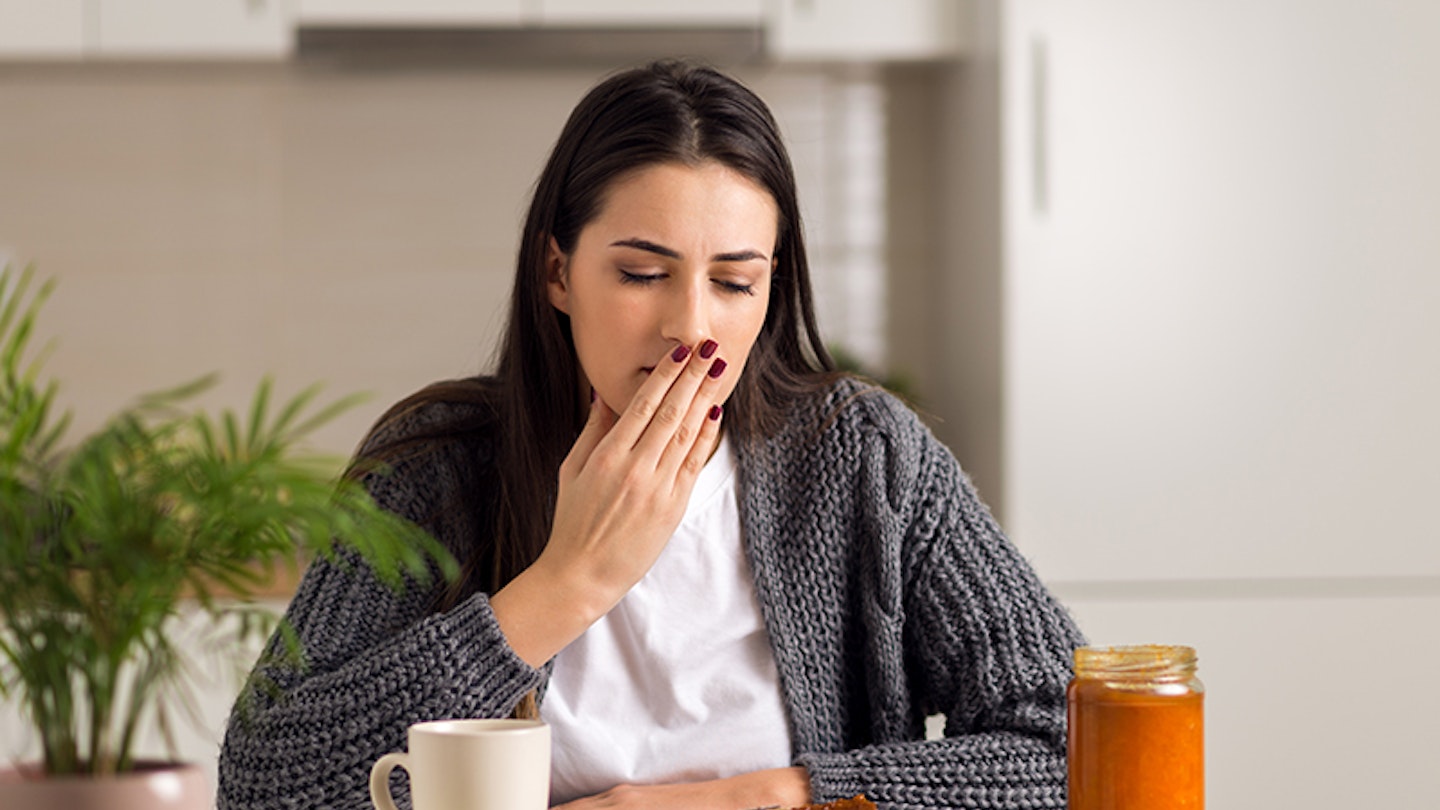It may feel counterintuitive, but certain foods can help alleviate morning sickness symptoms - it's just knowing which ones to eat
The second you see double blue lines, you're encouraged to fill your plate with healthy and nutritiously-dense ingredients, however, if you're experiencing morning sickness, it's can be the last thing you feel like doing! However, skipping meals can make morning sickness worse. 'Low blood sugar and the associated hunger pangs trigger nausea' says Nutritionist Rosie Letts, founder of Rosie Letts Nutrition.
Here are the nutritionist-approved foods that can help with morning sickness, plus some top tips on how you can ease symptoms...
7 foods that help morning sickness
Foods morning sickness
 1 of 7
1 of 71) Anything cold
Take solace in your freezer drawer and snack on cold treats to get you through morning sickness. As tempting as it is, we're not suggesting to gorge on Ben & Jerrys cookie dough ice cream for four months (though a little bit of what you fancy never hurt anyone!)
"Ideally homemade ice lollies or frozen yogurt. Hot food is more likely to contain an aroma that triggers your gag reflex." explains Rosie.
Check out Rosie's Vanilla, blueberry and greek yogurt ice lollies recipe, here.
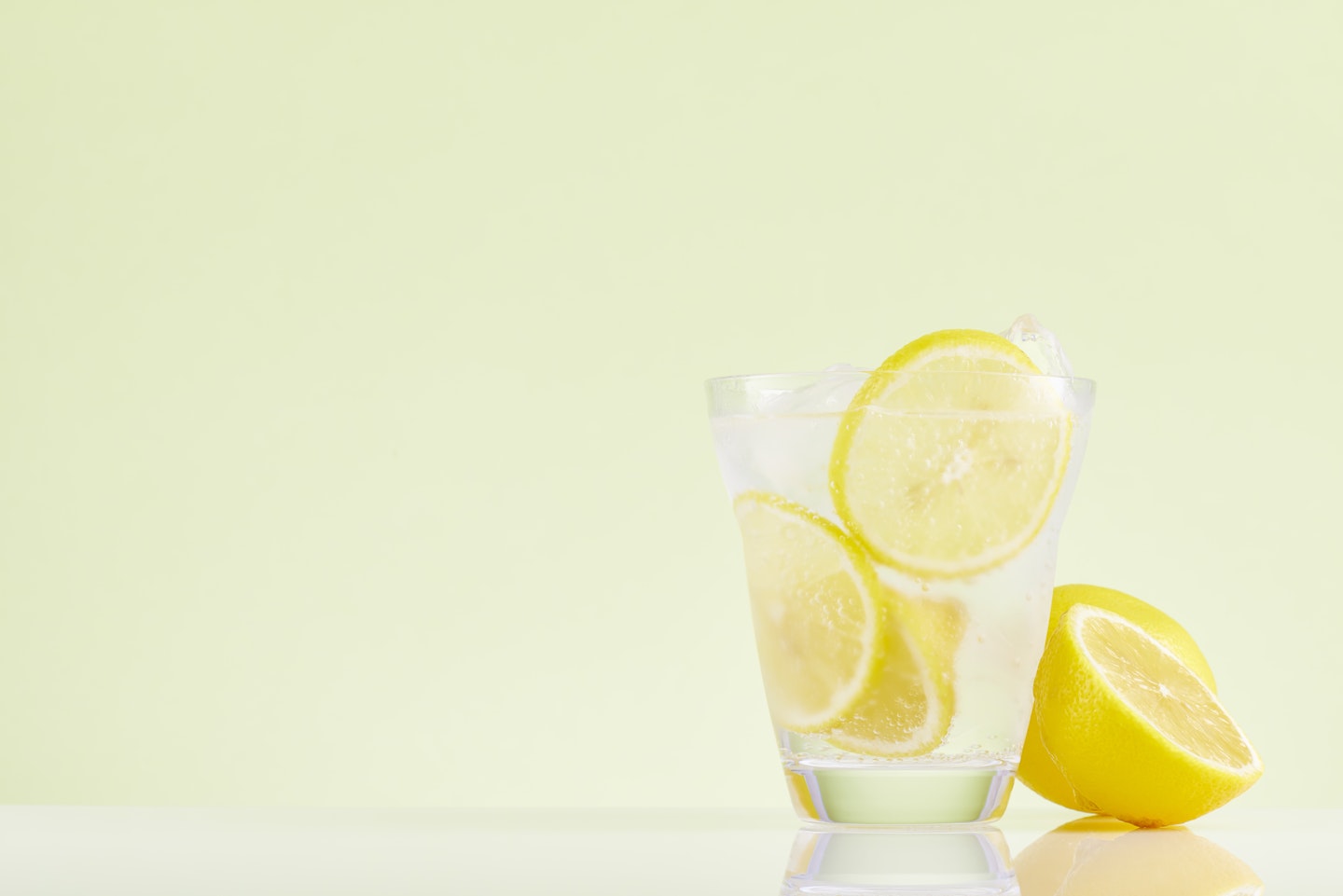 2 of 7
2 of 72) Lemons
The citrus powerhouse, full of vitamin C, folate, potassium, can also help ease morning sickness symptoms.
"The refreshing smell and taste can calm your stomach when morning sickness hits. Hot water with lemon and ginger is particularly soothing." says Rosie.
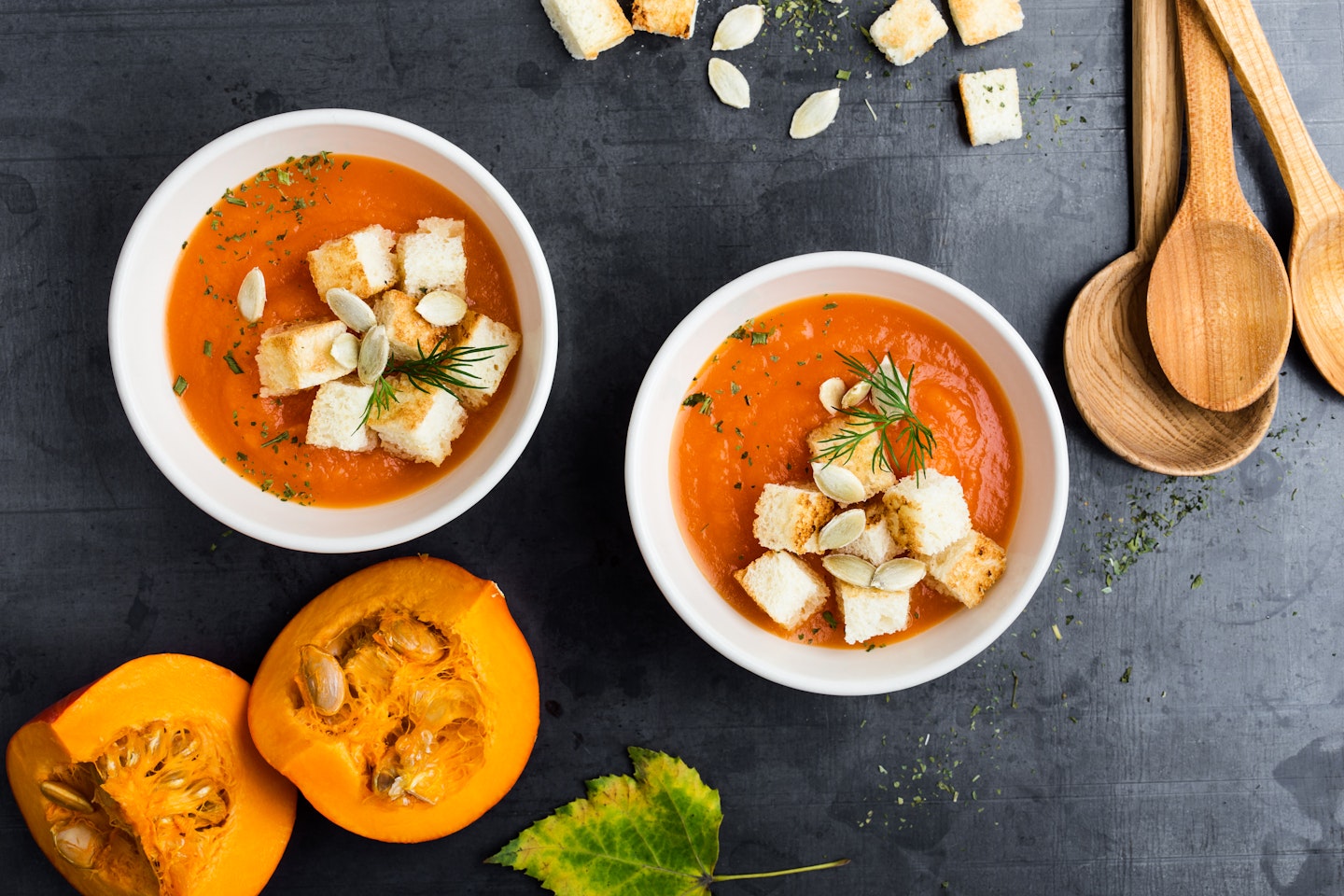 3 of 7
3 of 73) Soup
You can always count on soup to make you feel a little more human, when you're feeling under the weather.
"Soup is a great way to get protein and vegetables into your diet when you don’t feel like you can stomach real foods." says Rosie. Try a homemade soup, which you can batch-cook and keep in the freezer.
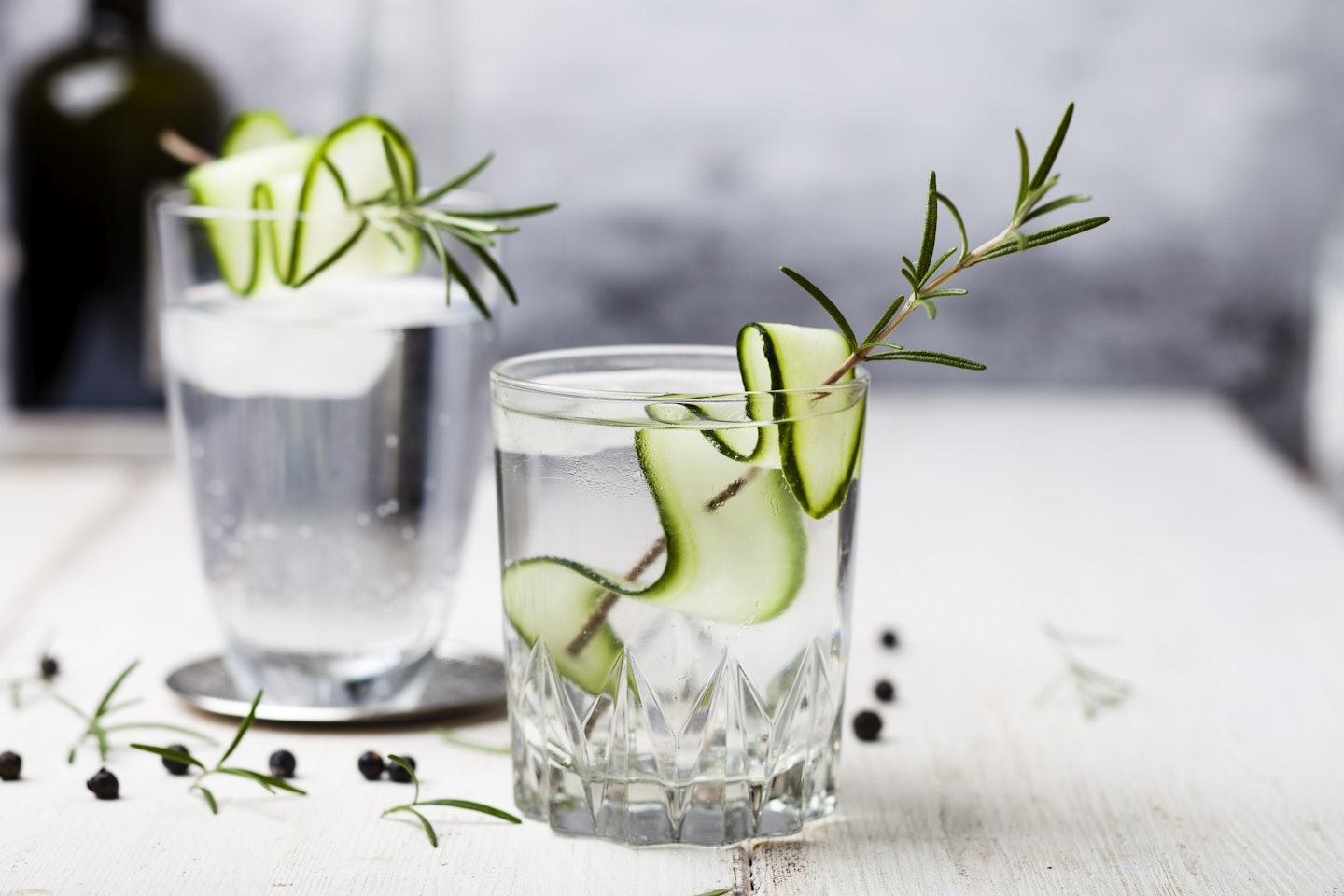 4 of 7
4 of 74) Carbonated drinks
Carbonated drinks can help feelings of sickness, but avoid those with a high sugar content. Artificial sugar should be avoided too.
"Carbonation helps reduce acidity in the stomach with can reduce nausea. It’s important not to go for anything too sweet. I like Innocent Bubbles or Nix & Kix." says Rosie.
They're great for on the go, too!
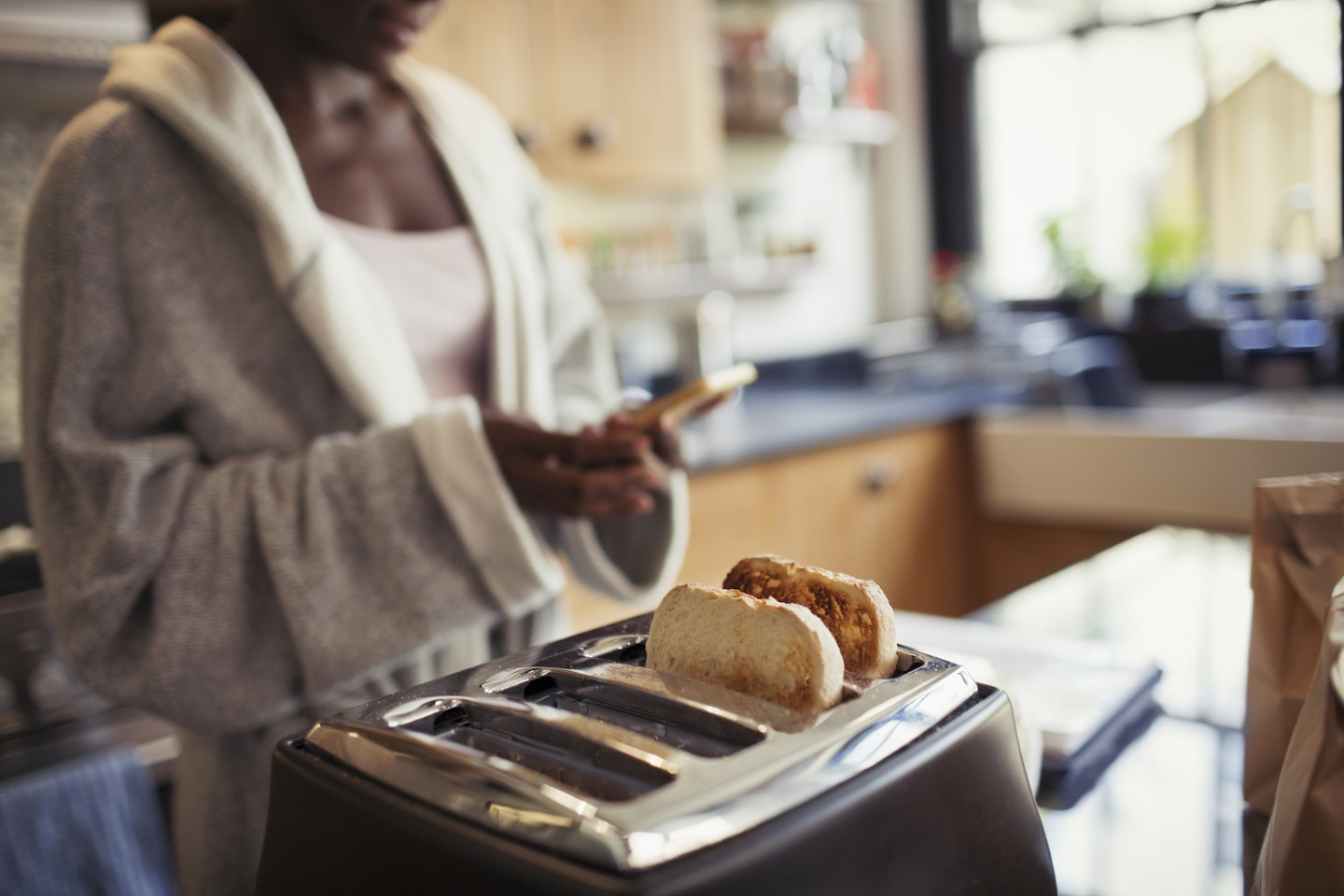 5 of 7
5 of 75) Toast
Add high carb foods to your shopping list including wholemeal bread and crackers.
"They can go a long way towards keeping morning sickness at bay. Particularly if eaten regularly and in small quantities. They keep blood sugar levels stable and are extremely easy to digest." explains Rosie.
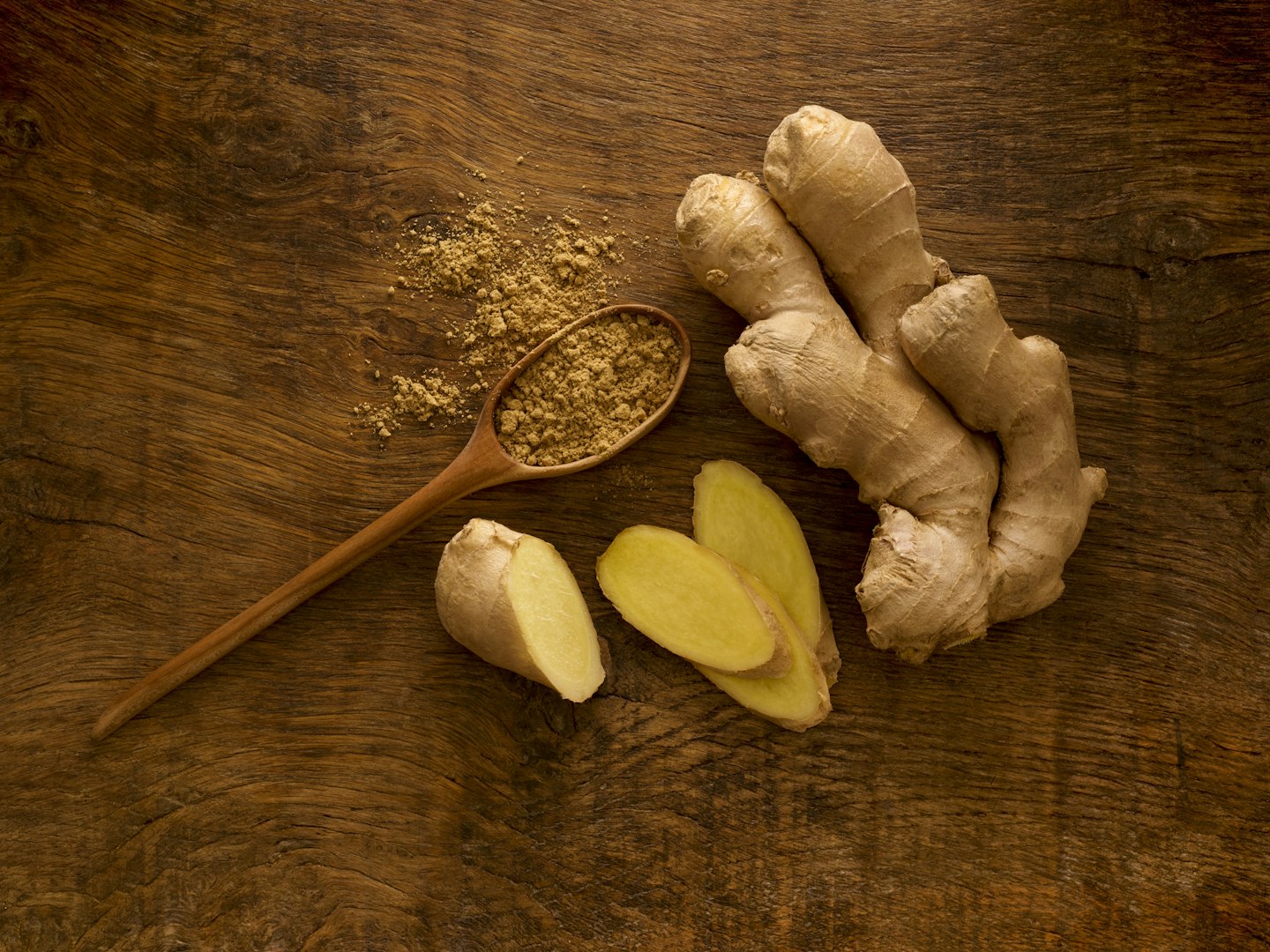 6 of 7
6 of 76) Ginger biscuits
"Ginger has long been used to aid digestion and reduce abdominal discomfort. Studies show that it may also help relieve the symptoms of nausea." recommends Rosie, "Try sipping cold ginger ale or to add a slice of raw ginger to water or tea. Snacks such as gingerbread, or ginger cookies may also help."
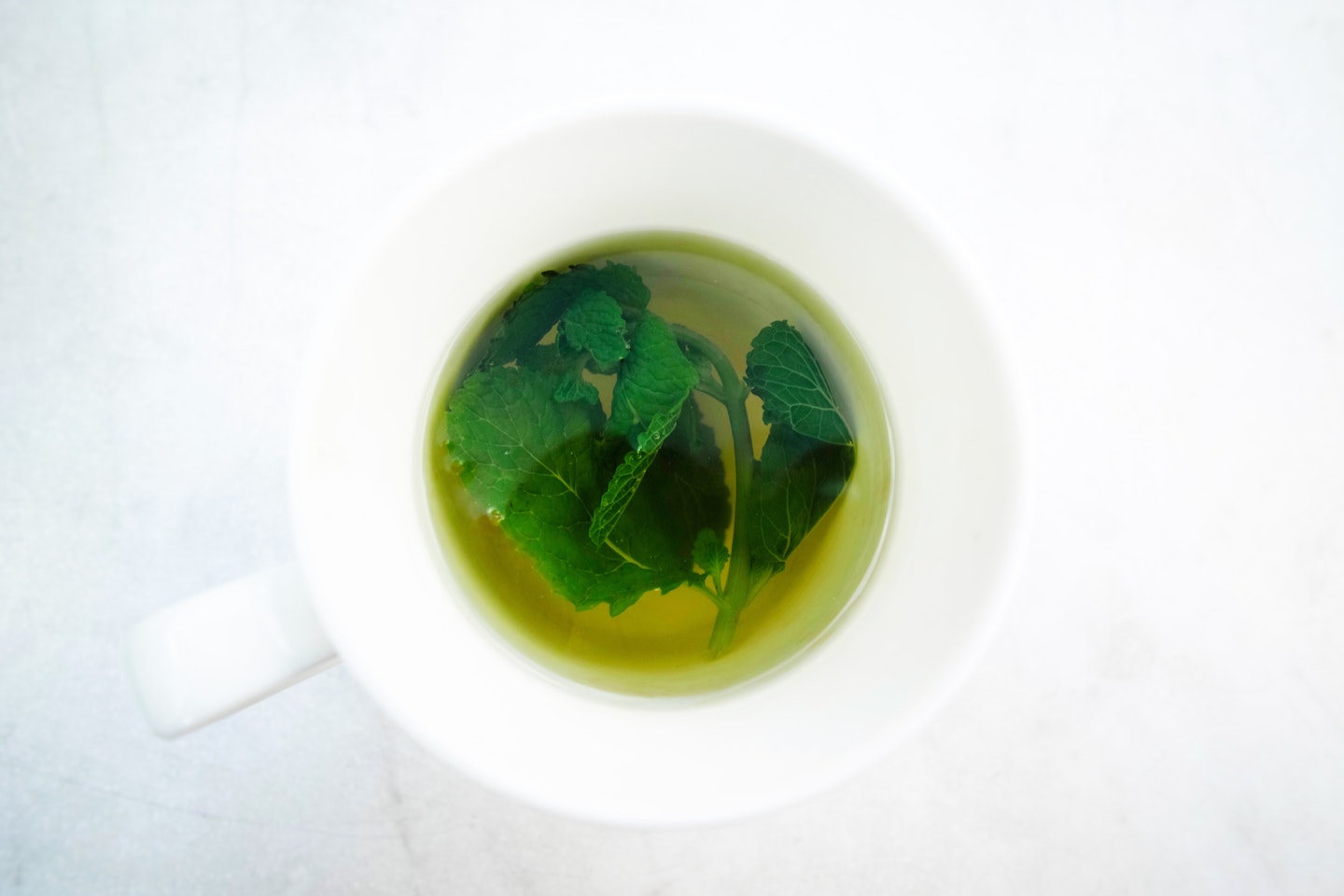 7 of 7
7 of 77) Peppermint tea
Peppermint tea can also help alleviate feelings of nausea pretty quickly. "Peppermint tea may help settle the stomach." says Rosie.
Further tips which can help:
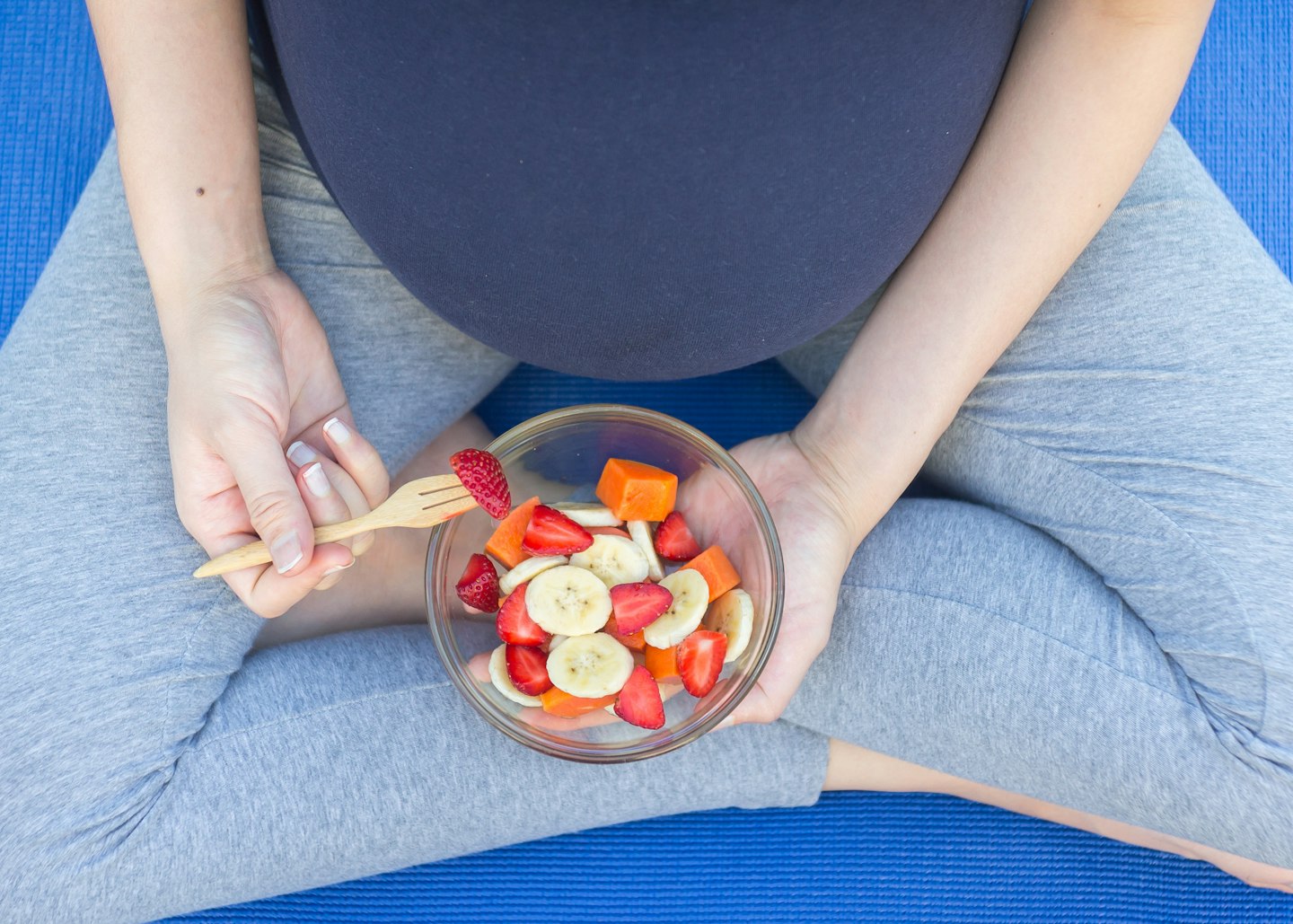
1. Eat little and often: Low blood sugar and the associated hunger pangs trigger nausea, so it is best to eat something as soon as you wake up and then frequently throughout the day to avoid the feeling of hunger. Crackers or toast should be enough to settle your stomach when you cannot keep other foods down.
2. Stay hydrated: Drink at least two litres of water daily to stay adequately hydrated, and more if you are vomiting. During pregnancy, it is important to drink small amounts of water throughout the day, and you may even find sparkling water more soothing on the stomach than still water. Top tip: if you are suffering from morning sickness, you may be losing key nutrients. As such, replenish your body with an isotonic drink or coconut water to replace lost electrolytes.
3. Get a good night’s sleep: Try to sleep for at least 8 hours per night and rest whenever you feel tired. When you are tired, you are more likely to feel nauseous.
4. Vitamins can make you feel worse! Take any vitamins and other supplements with food and plenty of water. If these are taken alone, the nutrients can overwhelm your digestive system and exacerbate your feeling of nausea.
5. Avoid fatty and spicy foods: Some women find that these food groups intensify morning sickness, so it is best to avoid these during pregnancy.
Meet the expert: Rosie is a qualified and registered Bristol nutritional therapist with a first class degree from The University of Westminster. As an avid foodie and prolific recipe developer, she is responsible for developing menus at some of Bristol and London’s most celebrated eateries. Visit Rosie's siterosielettsnutrition.com, for expert tips and recipes.
